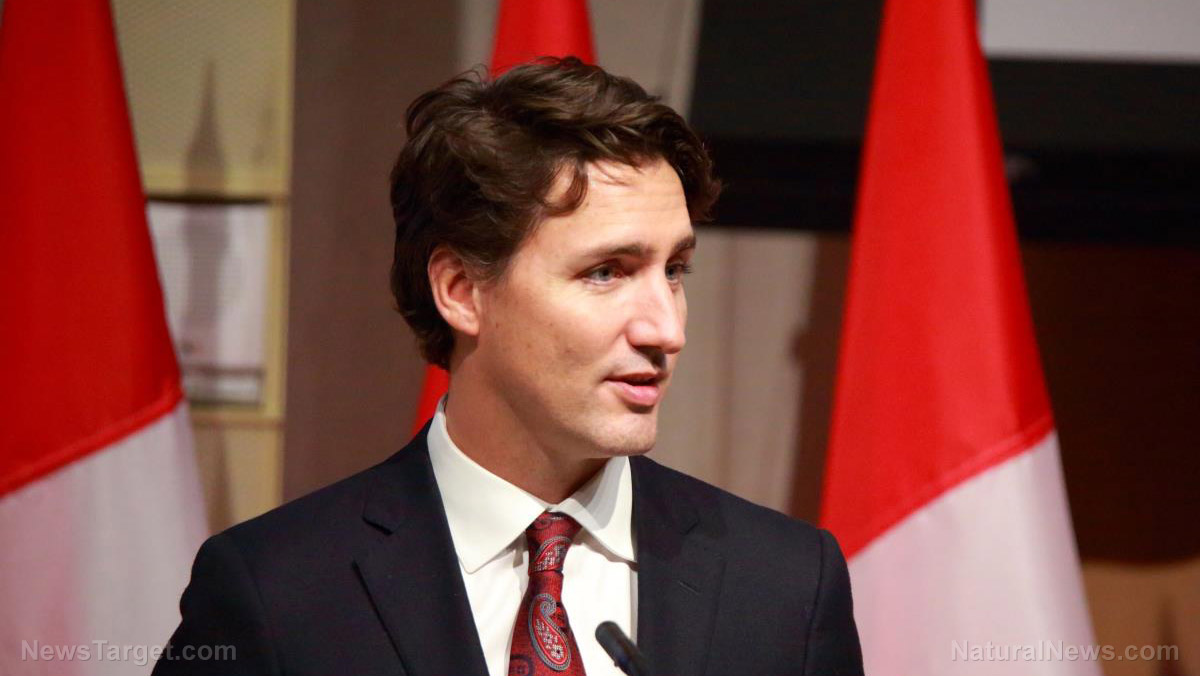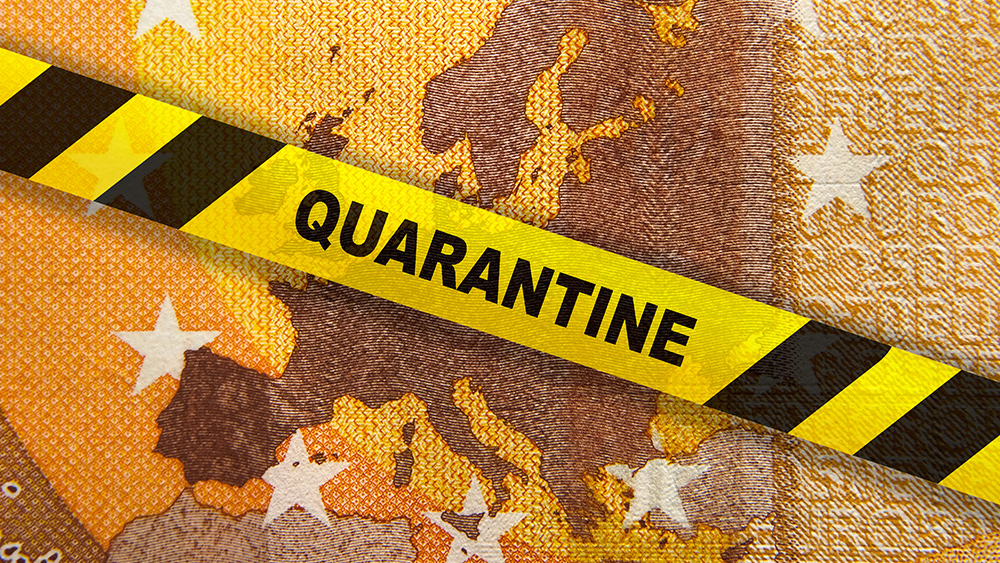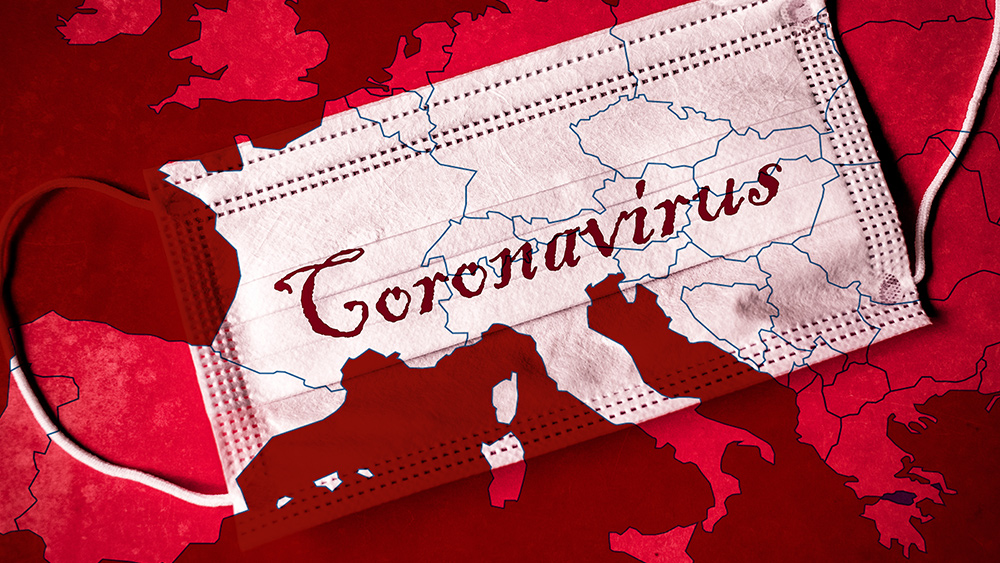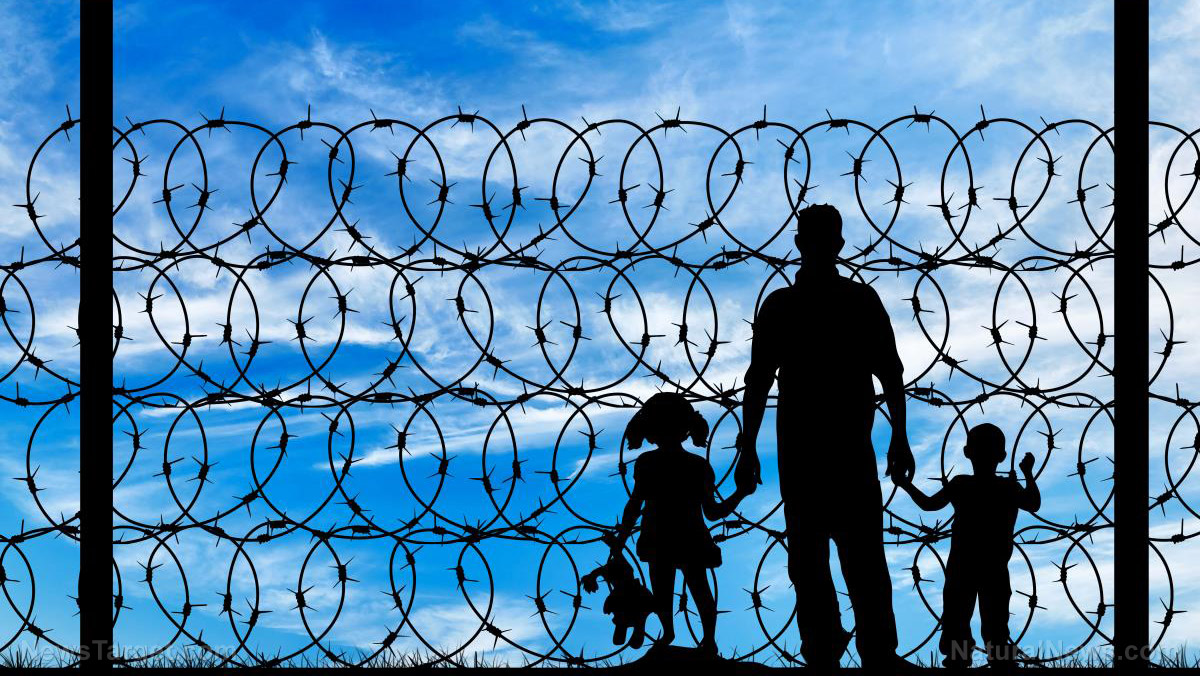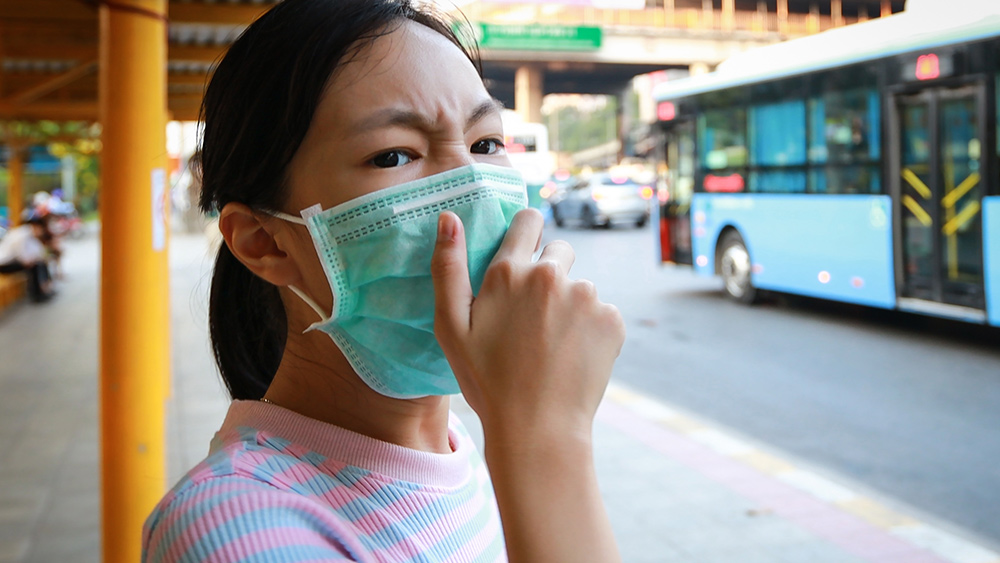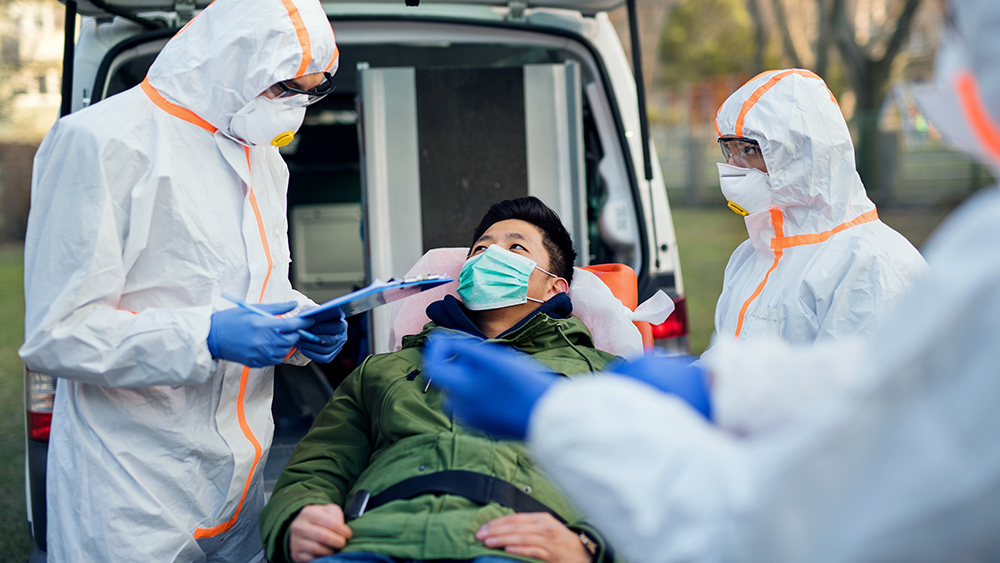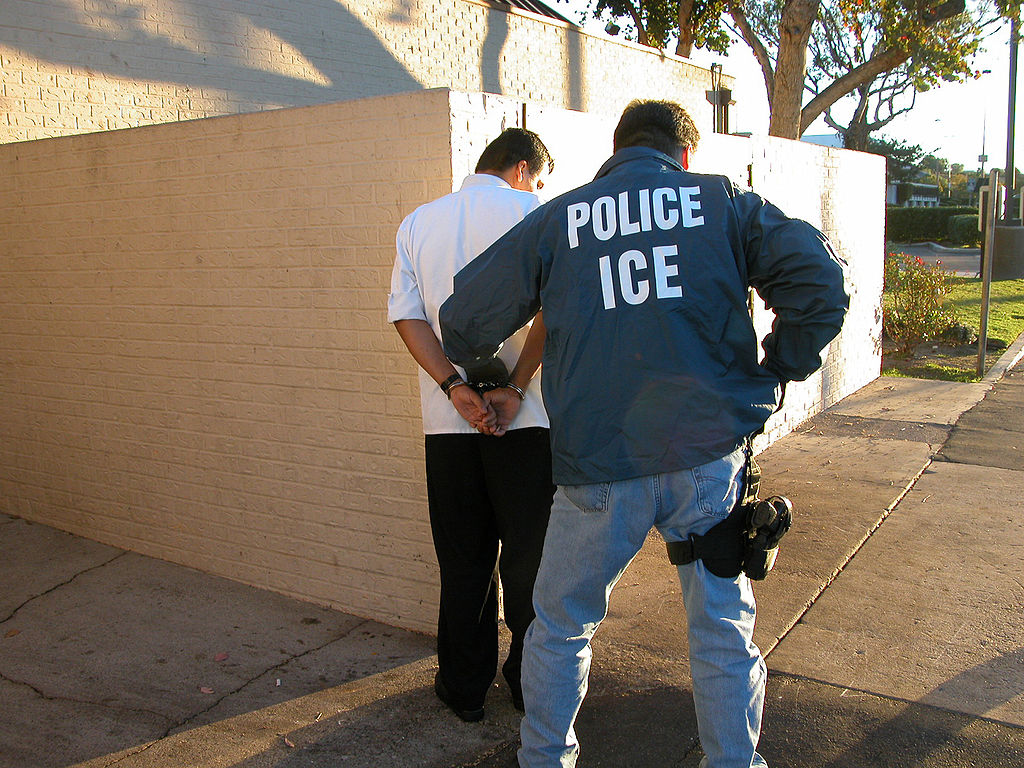Austria tightens border controls as coronavirus cases reach 2,000
03/22/2020 / By Franz Walker
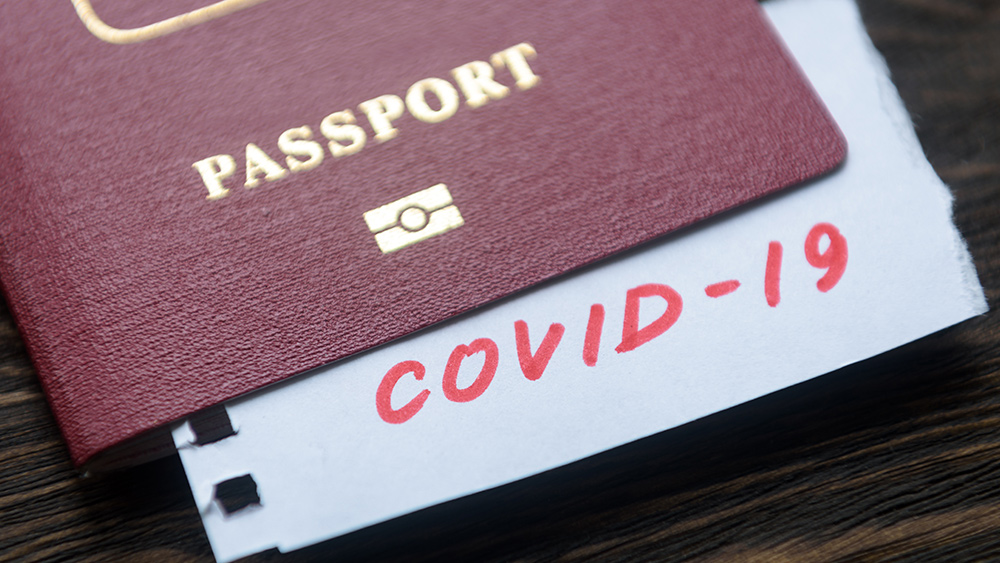
Cases of coronavirus in Austria topped 2,000 Thursday as infections rose at a double-digit rate. The increase in number comes even as most people are now staying at home. In response to this, officials will extend border controls to more countries.
Austria’s Health Ministry confirmed that the country would extend controls to its borders with Hungary and Slovenia starting Friday. Prior to this, the landlocked Alpine country had already implemented controls on its borders with Germany, Italy, Switzerland and Liechtenstein. As of reporting time, only the country’s borders with the Czech Republic and Slovakia remain open under the European Union’s Schengen scheme.
The existing border controls had already caused congestion at crossings with Germany. Meanwhile, prior to the announcement of the extensions, long queues had already formed at the border with Hungary due to travel bans imposed by the latter’s government.
In addition to roads, Austria also has limited train services to other countries. Rail operator OBB has now limited train service to and from Germany, taking only German citizens. Meanwhile, train connections to Switzerland have been suspended outright. (Related: EU proposes closing ALL borders, effectively placing mainland Europe under lockdown.)
Meanwhile, officials confirmed that public transport has been cut by 90 percent while the volume of private traffic is down by 45 percent in cities. This is, in part, due to emergency laws that came into effect on Monday that restricted movement within the country. State broadcaster ORF has reported that breaking these laws can lead to hefty fines of up to €3,600 ($3,864).
Caretakers and farmers affected by travel restrictions
The delays at the border have especially affected Serbs, Romanians and Bulgarians, said Interior Minister Karl Nehammer. This has caused some concern as some of these are caregivers for elderly Austrians.
Aside from caregivers, another group affected by the travel restrictions are farmers. With seasonal workers not able to show up due to travel restrictions, Austrian farmers have warned that they would not be able to harvest asparagus, strawberries and salad greens.
Infections are on the rise
Despite the country’s drastic measures to control the spread of the virus, the number of new infections in Austria has increased to 25 percent. Meanwhile, Health Minister Rudolf Anschober mentioned that the Alpine province of Tyrol continues to remain a hotspot for the virus, despite having been on lockdown since Thursday. A popular tourist region, Tyrol placed several ski resorts under quarantine and has not allowed people to leave their villages and towns unless it’s to cover basic needs, provide services of general interest or get to work.
While the number of new infections in Austria is on the rise, the number of deaths from COVID-19 in the country is still small, since it’s early in the curve. Anschober attributed that to the fact that the country has had relatively fewer cases in the elderly than almost all of the other EU states. Most of the infected in Austria fall between the ages of 45 and 55, followed by those between 25 and 45, then followed by those over 65 — the highest risk group. Because of this, most of the cases, roughly 90 percent, have not resulted in hospitalization, said the minister.
In spite of the numbers, or perhaps because of them, some Austrians seem to not be taking the outbreak seriously. Reports have come in that state that many Austrians are using their time off from work imposed by the containment measures as an excuse to go on excursions and hiking tours. In response to this, Vice-Chancellor Werner Korger has made calls for people to stay at least one meter apart from one another to minimize the risk of spreading the disease. The government, however, has stopped short of actually closing all parks and playgrounds nationwide.
Sources include:
Tagged Under: Austria, coronavirus, covid-19, EU, Europe, flu, government, Illegal aliens, infections, migrants, national security, Open Borders, outbreak, pandemic, superbugs, virus
RECENT NEWS & ARTICLES
COPYRIGHT © 2018 OPENBORDERS.NEWS
All content posted on this site is protected under Free Speech. OpenBorders.news is not responsible for content written by contributing authors. The information on this site is provided for educational and entertainment purposes only. It is not intended as a substitute for professional advice of any kind. OpenBorders.news assumes no responsibility for the use or misuse of this material. All trademarks, registered trademarks and service marks mentioned on this site are the property of their respective owners.

